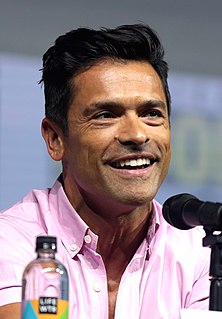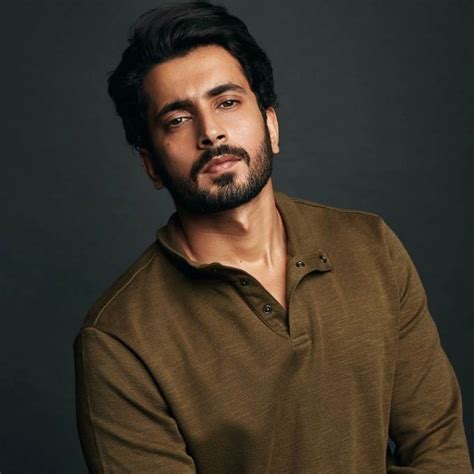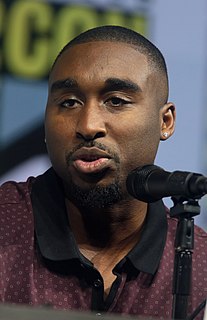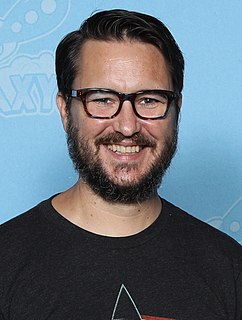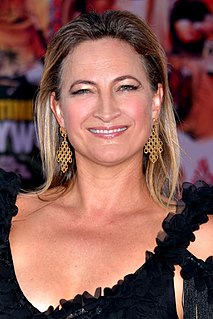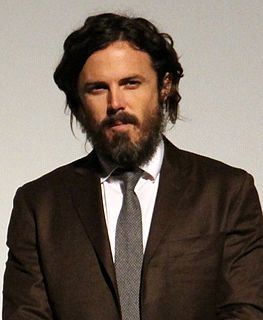A Quote by Mark Consuelos
I think every actor would probably say that it's always a collaboration. And if you ask directors, they'll tell you that they expect the actors to bring something. They don't want to be thinking for everybody.
Related Quotes
Some people ask who they are and expect their feelings to tell them. But feelings are flickering flames that fade after every fitful stimulus. Some people ask who they are and expect their achievements to tell them. But the things we accomplish always leave a core of character unrevealed. Some people ask who they are and expect visions of their ideal self to tell them. But our visions can only tell us what we want to be, not what we are
One of the good thing about theater in the states, is that the playwright we do have a say, especially in the beginning, when the play is being discussed around the table. We talk about the play, and the actors listen, and there have been cases, you disagree on something... I mean, actors don't usually tell you what they're going to do, they do it. Of course, you try to speak with the director and say, "Is there any way you can bring this actor to do something different?" You try as much as you can, but then, you also have to be open to interpretation.
There are directors, and I think this is true of all directors, it would be true if I was a director - If the actor didn't want to do what I was suggesting, I would let him do it his way, and then I would say to him, "Just give me one where you do what the director wants", and that, of course, is the take that's used.
I really challenge every actor at the beginning of a process, and I always say, 'I have an idea that I'm going to bring to the table. I hope and expect that you will have an idea and bring it to the table. But the way I really want to work is that together we're going to have a third idea that is better than either of our ideas.'
Something I always tell students is, when you're writing something, you want to write the first draft and you want it to come out easily in the beginning. If you're afraid to say what you really have to say, you stammer. [...] You're judging yourself, you know, thinking about your listener. You're not thinking about what you're saying. And that same thing happens when you write.
